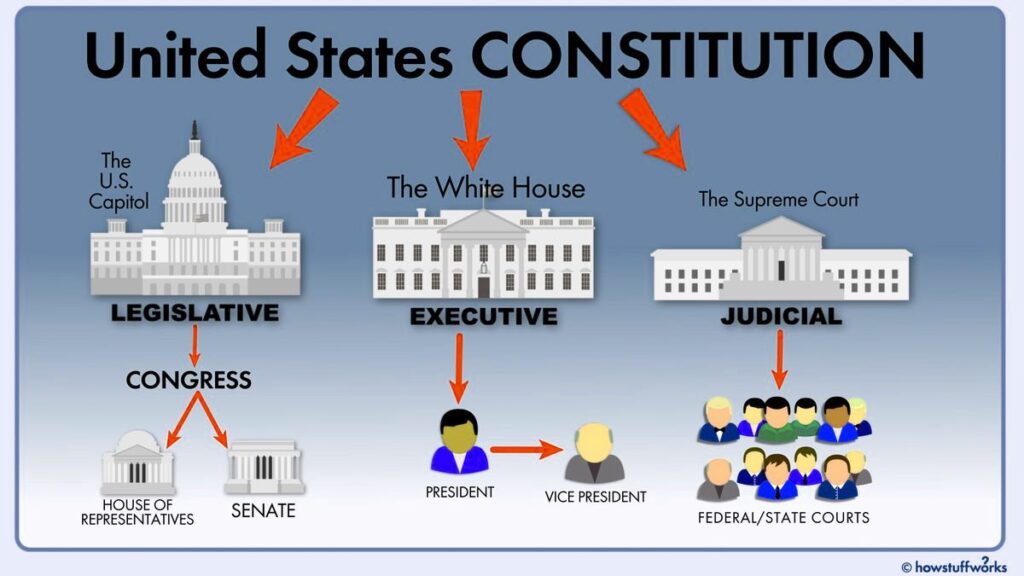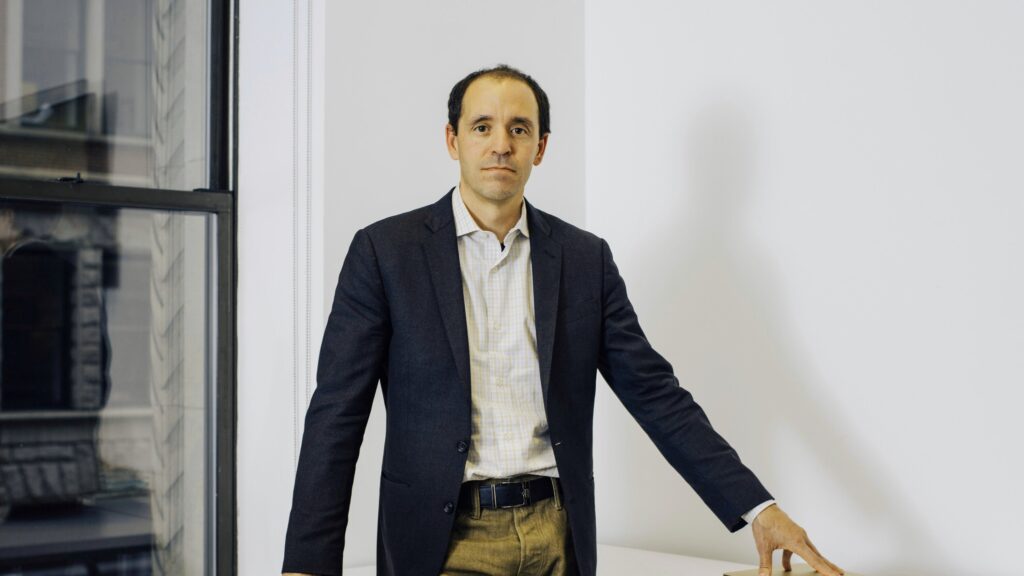TL;DR: Cleveland Guardians Pitchers Indicted in Online Betting Scandal
- Two Cleveland Guardians pitchers face indictment for illegal online betting.
- The scandal raises questions about integrity in professional sports.
- Legal ramifications could impact their careers and the team’s reputation.
- The MLB is under scrutiny for its gambling policies.
- Fans express disappointment and concern over the situation.
Political Motivations Behind Accusations Against Israel
The accusations against Israel regarding its military actions in Gaza are often framed within a broader political context. Critics argue that these allegations are not merely about human rights violations but are also politically motivated attempts to delegitimize Israel on the global stage.
“These accusations are politically motivated and categorically false. They are part of a deliberate, cynical propaganda campaign as Hamas attempts to win symbolic victories.”
Dorothy Shea
This perspective suggests that the narrative surrounding Israel’s actions is influenced by various geopolitical interests, including those of nations and organizations that oppose Israel’s existence. The framing of Israel as a perpetrator of ethnic cleansing and war crimes is seen by some as a tactic to sway public opinion and garner support for Palestinian causes, often overlooking the complexities of the conflict.
The ongoing discourse is further complicated by the role of social media and the rapid dissemination of information, which can amplify certain narratives while suppressing others. As accusations of war crimes and ethnic cleansing circulate, they often overshadow the historical and political contexts that have led to the current situation.
Moreover, the accusations are sometimes used as a rallying cry for various political movements, both in support of and against Israel. This politicization of humanitarian issues can lead to a polarized environment where constructive dialogue becomes increasingly difficult.
Ethnic Cleansing Allegations in the Israeli-Palestinian Conflict
The term “ethnic cleansing” has been used by various commentators and activists to describe Israel’s actions in the Palestinian territories, particularly in Gaza. This characterization is contentious and deeply polarizing, with implications for international law and human rights.
“It’s ethnic cleansing, and it’s not limited to a few fanatics but a large portion of Israelis.”
Gideon Levy
Proponents of this view argue that the systematic displacement of Palestinians and the destruction of their homes constitute a form of ethnic cleansing. They point to the high civilian casualties in Gaza and the destruction of infrastructure as evidence of a deliberate policy aimed at eradicating Palestinian presence in the region.
In contrast, supporters of Israel argue that these claims are exaggerated and misrepresent the complexities of the conflict. They assert that Israel’s military actions are a response to threats posed by Hamas and other militant groups, emphasizing the right to self-defense.
The debate over the use of the term “ethnic cleansing” reflects broader tensions in the Israeli-Palestinian conflict. It raises questions about the narratives that dominate public discourse and the ways in which language can shape perceptions of justice and morality in international relations.
International Human Rights Law and Protest Arrests
The arrest of protesters advocating for Palestinian rights has raised significant concerns regarding international human rights law. Activists argue that these arrests violate fundamental rights to free speech and assembly.
“Arresting protesters who are merely carrying placards that state they oppose genocide and support Palestine Action… flies in the face of international human rights law.”
Sacha Deshmukh
The implications of these arrests extend beyond individual cases; they reflect a broader trend of suppressing dissent in the context of the Israeli-Palestinian conflict. Critics argue that such actions undermine democratic principles and the rule of law, particularly in countries that claim to uphold human rights.
The international community has responded with calls for accountability and transparency regarding the treatment of protesters. Human rights organizations have documented instances of excessive force and arbitrary detention, urging governments to respect the rights of individuals to express their views peacefully.
As the situation evolves, the intersection of protest, human rights, and international law will continue to be a focal point for activists and policymakers alike. The challenge remains to balance national security concerns with the fundamental rights of individuals to voice their opinions and advocate for change.
Humanitarian Crisis: Starvation of Palestinians
The humanitarian crisis in Gaza has reached alarming levels, with reports of widespread starvation and lack of access to basic necessities. Humanitarian workers describe the situation as dire, with civilians bearing the brunt of the ongoing conflict.
“How sinister is this? I’m a humanitarian aid worker. Why would there even be a limit on food?”
Humanitarian aid worker
The blockade imposed on Gaza has severely restricted the flow of goods, leading to shortages of food, medicine, and clean water. Aid organizations have warned that the situation is exacerbated by military actions that target infrastructure critical for civilian survival.
The international community has been urged to take action to alleviate the suffering of Palestinians, yet political divisions often hinder effective responses. Humanitarian efforts are frequently caught in the crossfire of geopolitical interests, complicating the delivery of aid and support to those in need.
As the crisis deepens, the moral imperative to address the humanitarian needs of civilians becomes increasingly urgent. The challenge lies in navigating the complex political landscape while ensuring that aid reaches those who require it most.
Treasonous Government Actions: Prioritizing Foreigners
The perception that governments prioritize foreign interests over domestic needs has sparked outrage among various groups. Critics argue that this trend is evident in the context of the Israeli-Palestinian conflict, where support for Israel is seen as overshadowing the plight of Palestinians.
“A government that puts foreigners above their own people is, by definition, TREASONOUS and ILLEGITIMATE!”
Elon Musk
This sentiment resonates with many who feel that their governments are failing to address pressing issues at home while extending support to foreign entities. The debate raises questions about national identity, sovereignty, and the responsibilities of governments to their citizens.
In the context of the Israeli-Palestinian conflict, this narrative is often used to critique the U.S. government’s unwavering support for Israel, even in the face of allegations of human rights violations. Advocates for Palestinian rights argue that this support comes at the expense of justice and accountability for Palestinian suffering.
The challenge for governments is to reconcile foreign policy objectives with domestic expectations. As public sentiment shifts, policymakers may need to reassess their approaches to international relations and prioritize the needs of their constituents.
Destruction of PCHR and Its Implications
The destruction of the Palestinian Center for Human Rights (PCHR) has significant implications for human rights advocacy in the region. The PCHR has been a critical voice in documenting human rights violations and advocating for accountability.
“Four days after the Zionist-controlled Trump administration sanctioned PCHR for attempting to hold Israeli war criminals accountable, Israel destroyed the high rise holding PCHR’s office.”
Max Blumenthal
This incident raises concerns about the safety of human rights organizations operating in conflict zones. The targeting of such institutions can have a chilling effect on advocacy efforts and undermine the pursuit of justice for victims of human rights abuses.
The international community has a role to play in protecting human rights defenders and ensuring that they can operate without fear of reprisal. The destruction of the PCHR highlights the urgent need for mechanisms to safeguard human rights organizations and promote accountability for violations.
As the situation evolves, the resilience of human rights advocacy in the face of adversity will be tested. The commitment to uphold human rights principles remains essential in the pursuit of justice and accountability.
Responses from Humanitarian Workers and Activists
Humanitarian workers and activists have been vocal in their condemnation of the ongoing violence and humanitarian crisis in Gaza. Their testimonies provide critical insights into the realities faced by civilians caught in the conflict.
“I was in Gaza for two months; there’s no way to describe the horror of what’s happening.”
Humanitarian aid worker
These firsthand accounts serve as powerful reminders of the human cost of conflict. Activists emphasize the need for urgent action to address the humanitarian needs of Palestinians and advocate for a ceasefire to allow for the delivery of aid.
The role of humanitarian workers is crucial in raising awareness and mobilizing support for those affected by the crisis. Their efforts often face significant challenges, including restrictions on access and safety concerns.
As the situation continues to unfold, the voices of humanitarian workers and activists will remain vital in advocating for change and holding accountable those responsible for human rights violations.
The Role of U.S. Support in the Israeli-Palestinian Conflict
U.S. support for Israel has been a cornerstone of American foreign policy in the Middle East. This support has significant implications for the dynamics of the Israeli-Palestinian conflict and the broader geopolitical landscape.
The U.S. government has consistently affirmed Israel’s right to defend itself, often framing its support within the context of shared democratic values and strategic interests in the region. However, this unwavering support has drawn criticism from various quarters, particularly in light of allegations of human rights abuses.
“The United States refutes these allegations entirely. America fully supports Israel’s right to defend itself.”
Dorothy Shea
Critics argue that U.S. support enables Israel’s military actions and contributes to the suffering of Palestinians. The debate over U.S. foreign policy reflects broader questions about the role of power dynamics in international relations and the responsibilities of nations to uphold human rights.
As public opinion shifts and calls for accountability grow louder, the future of U.S. support for Israel may face increased scrutiny. The challenge lies in balancing strategic interests with a commitment to human rights and justice for all parties involved in the conflict.
Final Reflections on the Current Crisis
Understanding the Complexity of the Conflict
The Israeli-Palestinian conflict is marked by deep historical roots and complex political dynamics. Understanding this complexity is essential for fostering constructive dialogue and seeking pathways to peace.
The Role of International Voices
International voices play a crucial role in shaping the discourse around the conflict. Advocacy for human rights and accountability remains vital in addressing the needs of those affected by violence and displacement.
Humanitarian Perspectives and Responsibilities
The humanitarian crisis in Gaza underscores the moral imperative to prioritize the needs of civilians. Humanitarian organizations must navigate the challenges of delivering aid while advocating for the rights of those they serve.
The Impact of Political Rhetoric
Political rhetoric can shape public perceptions and influence policy decisions. The framing of the conflict in terms of good versus evil often oversimplifies the complexities involved and hinders meaningful dialogue.
Navigating the Future: Paths to Peace
As the situation continues to evolve, exploring paths to peace requires a commitment to dialogue, understanding, and accountability. The pursuit of justice for all parties involved is essential for fostering a sustainable resolution to the conflict.

